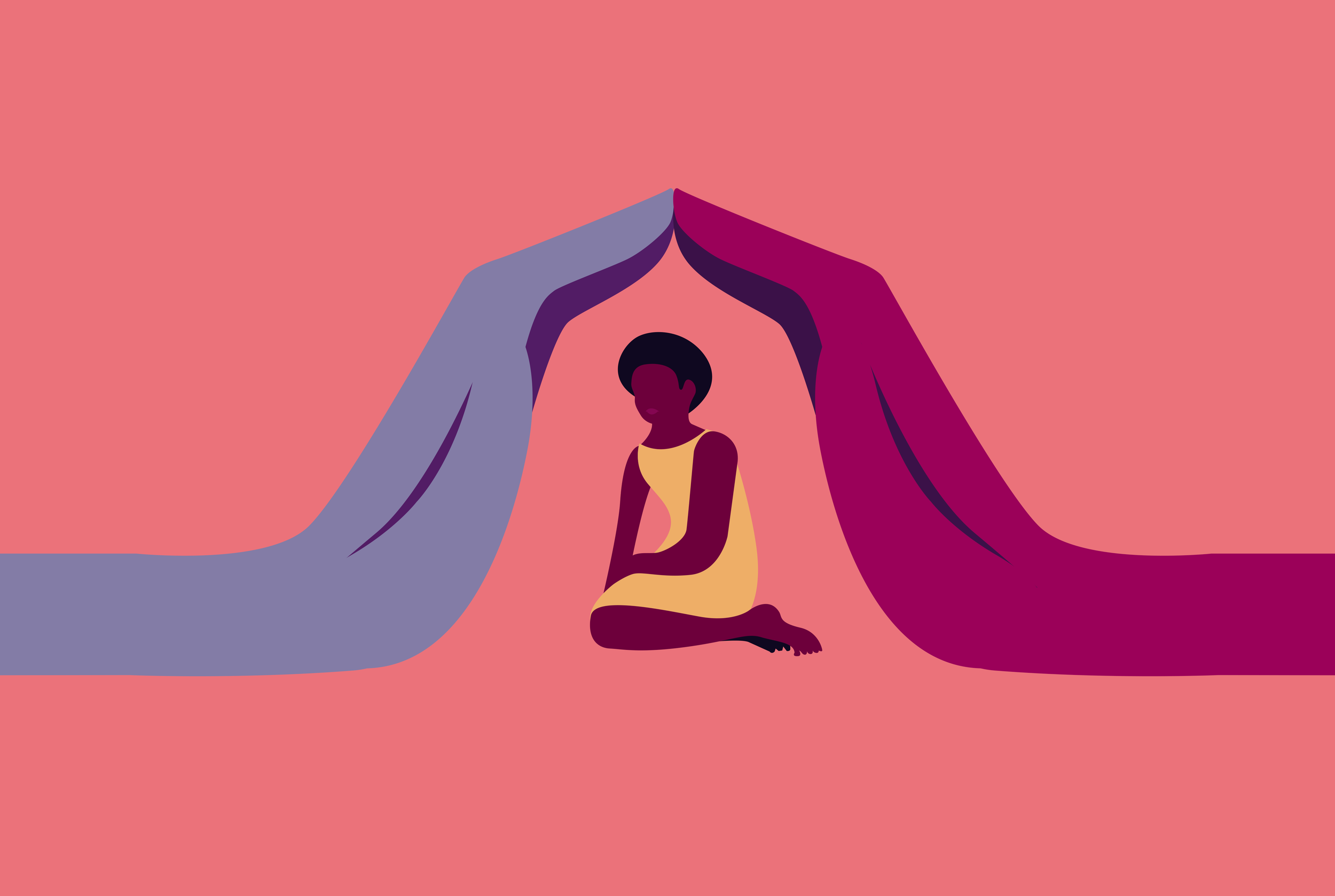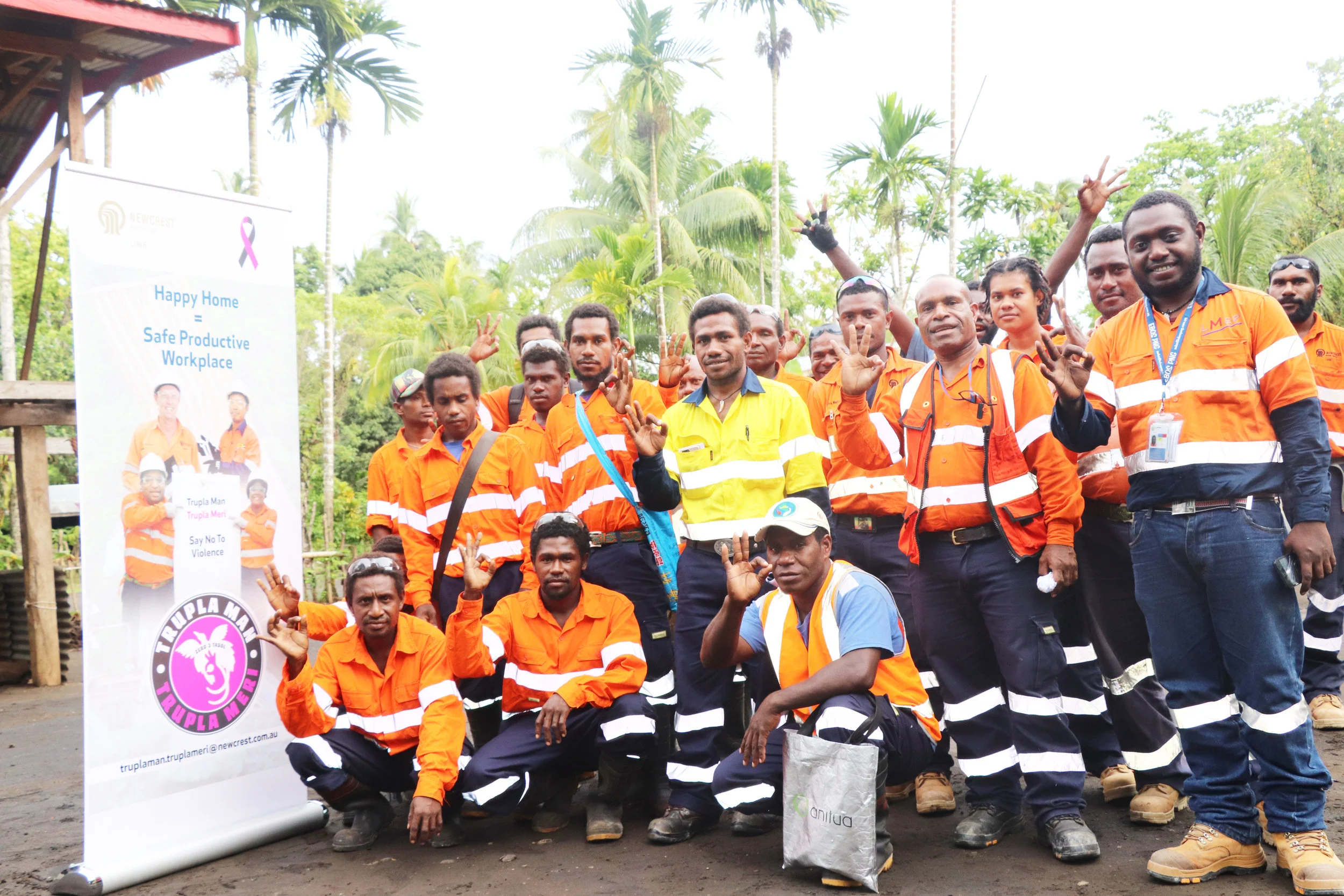Interview with Craig Jetson, Executive General Manager Cadia and Lihir and GTS of Newcrest Mining Ltd. about the “Trupla Man Trupla Meri” initiative
“A Ribbon of Hope is Rising. It’s Time to Break the Silence, It’s Time to End the Violence” (Lyrics from Newcrest Lihir song “Its Time”)
Lihir Newcrest’ s Trupla Man Trupla Meri was born in 2014, out of the intention to address the ‘disconnection’ between a safe and happy home, and safety and productivity at work. It is based on the premise that safety starts within a person, and if someone is not settled or safe at home, they become a risk to themselves and others at work, especially in a highly technical environment like a mine site. Newcrest’ s 5,500 strong workforce on Lihir have the opportunity to become agents of change and role models. Closing the gap between the work and home environment, TMTM works at empowering victims of violence, while supporting perpetrators and bystanders to become advocates.
What Prompted Newcrest to action?
CJ: When I arrived at Lihir in 2014, getting to know the country, the site, and the hospital managed by Newcrest, I got to see the level of violence present every day, particularly women presenting with horrendous abuse-related injuries. In parallel to this, becoming acquainted with the operations on site, I was intrigued by unexplained incidents presenting safety issues, caused by distractions, possibly by micro-sleep. We quickly made the connection between the two, and facing the linked impact of violence on business and on personal relationships, thought about ways to resolve both: making the environment safer at work and happier at home.
A few years down the track, what does Trupla Man Trupla Meri look like practically today?
CJ: The program, developed by a committee, includes awareness material on managing relationship tensions to support our efforts at reaching out firstly to our workforce and then further, to the outside communities. Through what we call “constructive conversations”, we have shared hundreds of stories, working through the emotions together. An important aspect is that the program is non-blaming, non-finger-pointing, nondiscriminatory. Indeed, it offers a sanctuary for self-confessed perpetrators to come out, and to work at changing their behavior. The idea is to emphasize prevention, before tensions escalate, before the trauma occurs.
How do you evaluate the success of Trupla Man Trupla Meri?
CJ: We have multiple indicators telling us how the program is growing, and how we keep it on the right track. We have figures of how many staff pass through our program, get a referral, take trainings, or act as advocates. We also have strong interest from business houses who have heard about us and ask us for advice to replicate the experience inside their organization. Next, our work safety statistics are comparatively excellent, with a relatively low rate of incidents and injuries compared to other sites. And of course, there is the enormous positive feedback from so many people telling us how much the program has changed their life.
What unexpected challenges have you had to work around?
CJ: Significant challenges have been… well, the issue itself, particularly men having to cope with looking at themselves; it is so very challenging, especially when remorse and blame are involved. Launching the action itself was a challenge … getting a driver to drive a truck painted in pink… (laugh). We had to persevere, we had to break through the initial resistance and mistrust, but we hung on. We really wanted to help people, to help mining. And we did, we broke through the reluctance barrier, we got through to participation, and we achieved the cooperation we wanted to achieve.
What advice would you give to an organisation that would like to step in and do something like Trupla Man Trupla Meri?
CJ: You will need lots of courage, you need to be brave to take on the problem, and you need to have conviction. You get close to staff who come in injured, or who resign because of pressure. You have to understand what influence you can have, what you are trying to achieve, and what the limits are. You want to stop people getting hurt at work because, say, they are distracted by the events of their two weeks in the village. You have to be prepared to check the root cause of the issues at work.
What would you like Trupla Man Trupla Meri to look like 10 years from now?
CJ: Well, the foremost want is for the program to keep people from harm, to bring down the violence, and to more widely share tools to prevent it. But also, Newcrest would like to leave a business legacy, an industry legacy. We would like to show that Newcrest is really a world-class leader, caring, responsible, identifying what needs to be resolved, and involving the staff in finding solutions. Four years into the journey, an initiative such as Trupla Man Trupla Meri is a business and a moral imperative. We are witnessing a massive culture shift, and we are part of it.





















